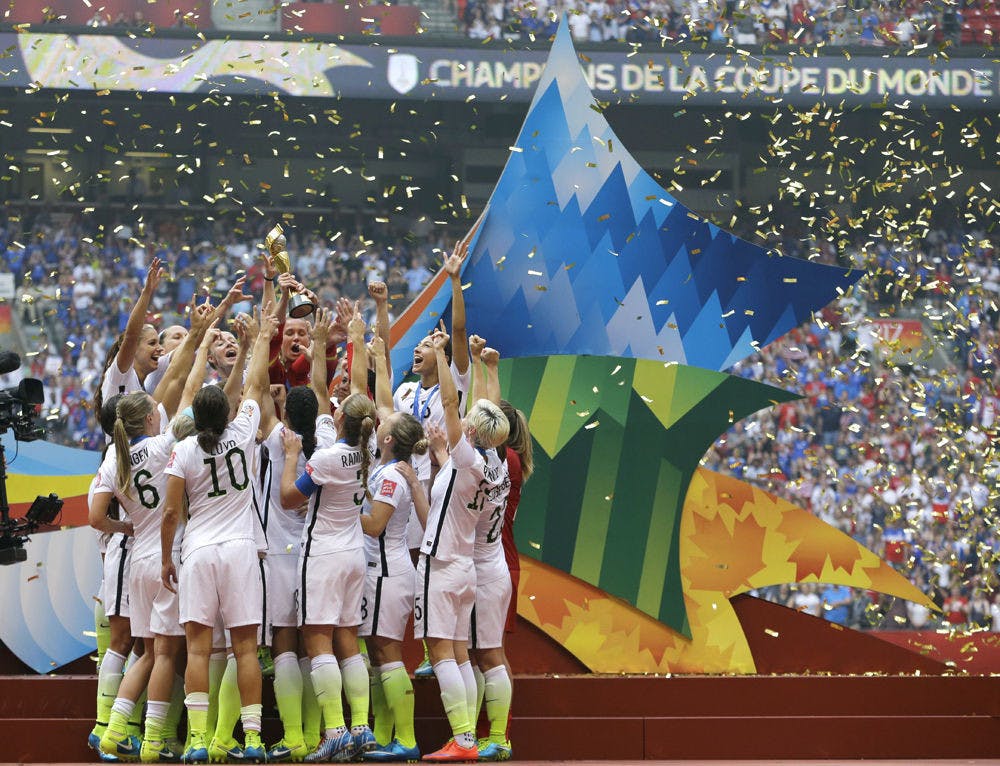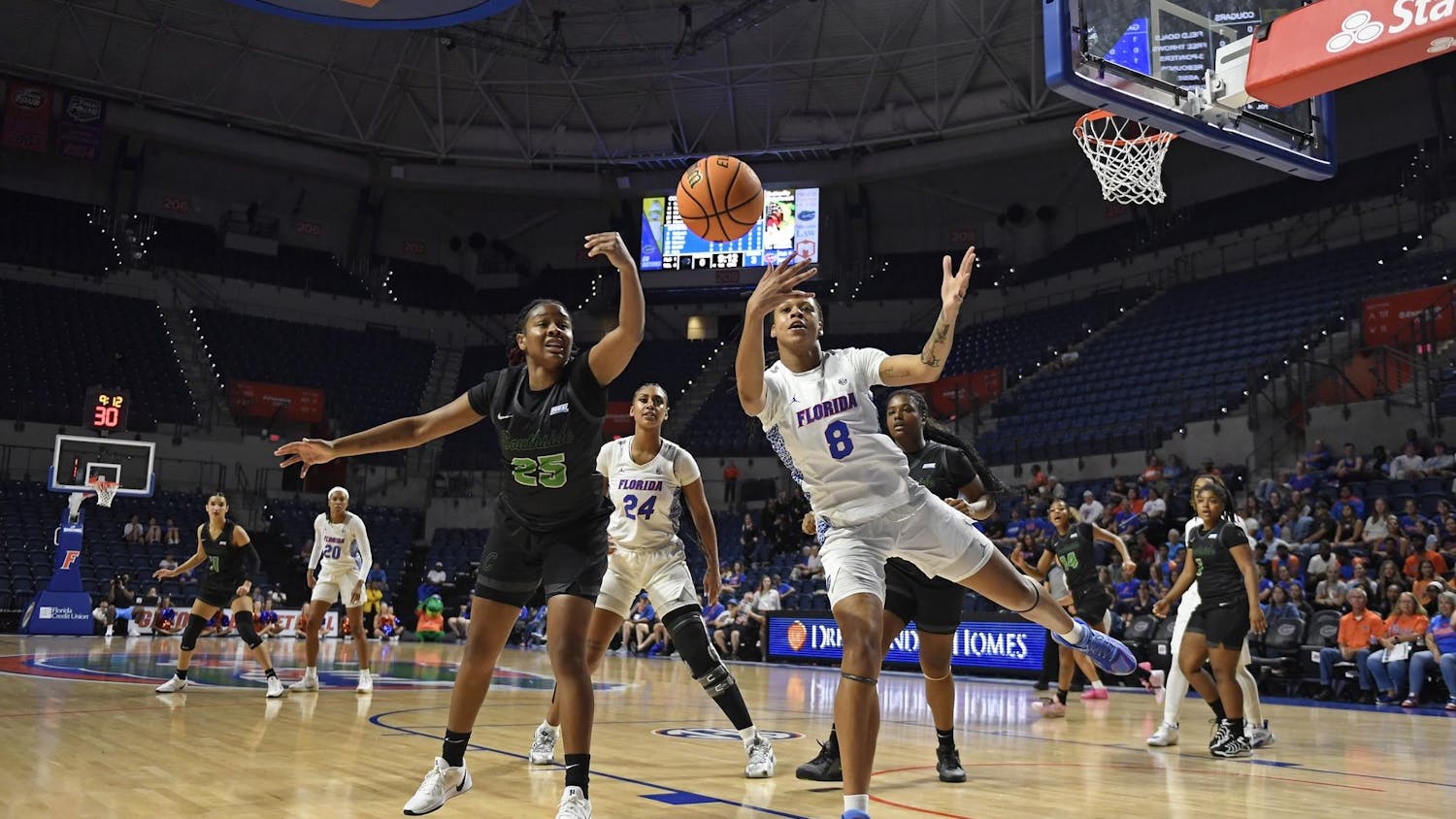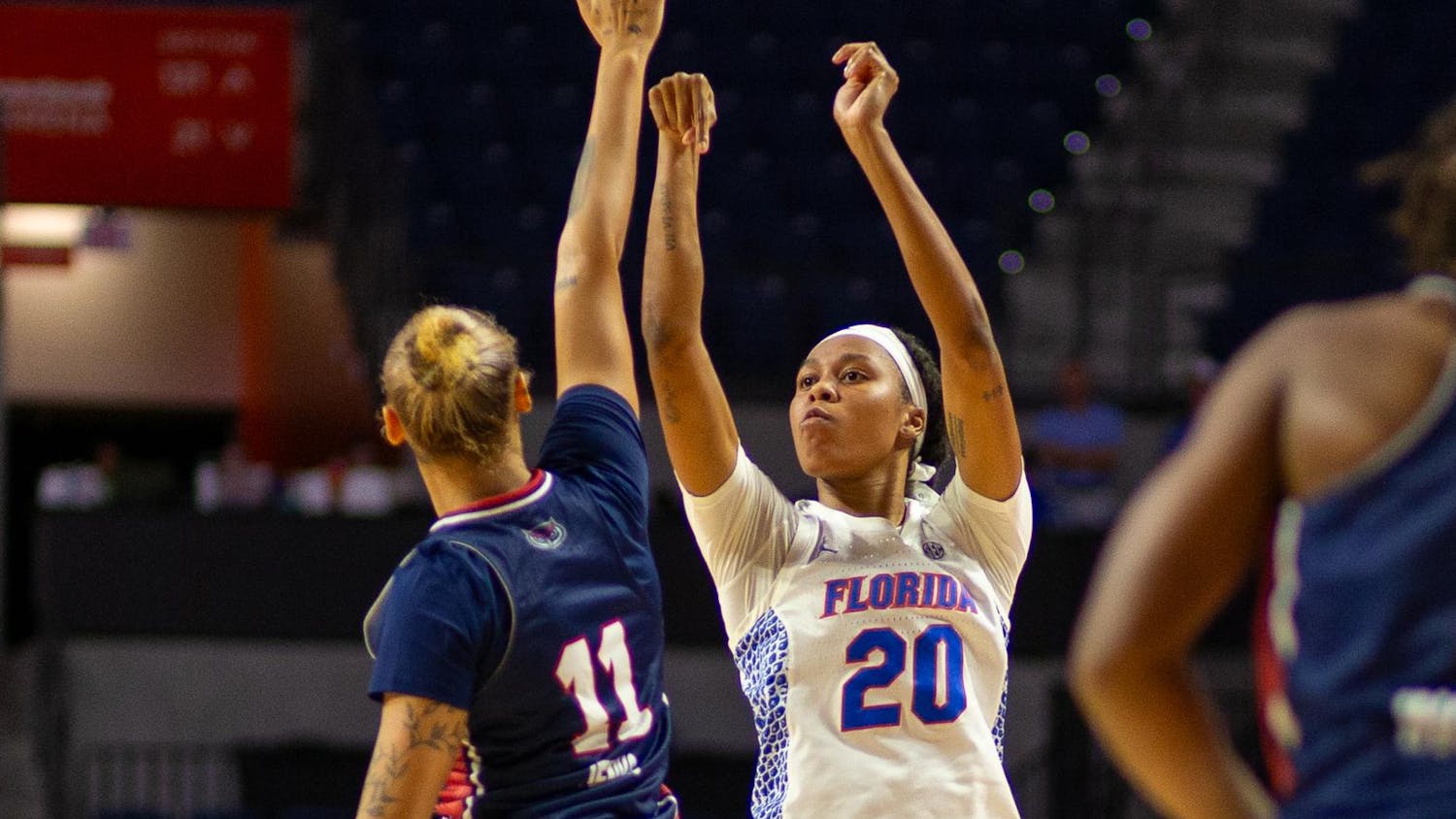Would you be stunned if Roger Goodell unexpectedly resigned from his post atop the National Football League?
Of course you would. And you wouldn’t be alone.
Weeks upon weeks upon weeks of coverage from ESPN, Sports Illustrated and other news outlets would follow.
Therefore, it was surprising when nobody talked about Laurel Richie, the president of one of America’s professional sports leagues, when she resigned just over two months ago.
Wait, no.
Surprising isn’t the right word. In this case, "surprising" probably ought to be replaced with "expected."
Richie was the president of the WNBA for over four years and stepped down unexpectedly in November. If you look it up, you’ll find that it was covered by all the major news outlets, but certainly not prominently.
That seems to be the tone in the world of American sports coverage when it comes to the WNBA, or really any women’s professional sport. "We’ll cover it because we have to."
The WNBA has, unfortunately, become a running joke to a lot of people. It’s a pop culture symbol that sport fans equate to something that nobody cares about.
Generally, American sports fans don’t seem to care about women’s sports, WNBA or otherwise. However, generally doesn’t mean always, and there seems to be two asterisks among this apathy to women’s sports.
First is women’s tennis, where a star like Serena Williams is equally as well-known as a star like Roger Federer or Novak Djokovic.
This might be attributed to women’s tennis looking very similar to men’s tennis, but it is certainly more of an exception to the rule than a rule itself.
Then there’s any women’s team representing the United States, say at the Olympics or the FIFA World Cup.
During this past FIFA Women’s World Cup, the final match between Japan and the U.S. drew "a stunning 25.4 million viewers," according to Sports Illustrated’s Richard Deitsch.
That figure blew away the record for a most-watched soccer game in U.S. history by 6.7 million viewers — a record that had belonged to the U.S. Men’s National Team versus Portugal in the 2014 World Cup.
And very few people would be opposed to watching, say, the women’s 100-meter dash finals or the U.S. women’s swimming team going for relay gold at the Olympics.
Yet when it comes to taking women’s sports leagues — like the WNBA or the National Women’s Soccer League — seriously, very few people do.
The ratings for the Women’s World Cup validated the entertainment value of women’s sports, because people were interested enough to watch the U.S. women’s national team.
Granted, I would guess that had the U.S. men’s national team made the World Cup Finals in 2014, then that game would have the record.
There are still some people who just won’t let women’s and men’s sports stand on equal footing.
But women’s sports are entertaining and have the potential to bring in viewers.
When I started as the UF women’s basketball beat writer, I had never watched women’s sports besides those of the patriotic variety.
I wasn’t opposed to watching a women’s basketball game, but because there’s such a stigma attached, I had never bothered.
After covering the team for several months, however, I can say without reservation that I’m as entertained as I would be at any other sporting event.
There may never be dunks or alley-oops like in men’s basketball, but a buzzer-beating shot is the same across genders.
If women competing in the Olympics or World Cup are entertaining enough to watch, then why not give the WNBA a chance?
Follow Ethan Bauer on Twitter @ebaueri
The United States Women's National Team celebrates with the trophy as confetti falls after they beat Japan 5-2 in the FIFA Women's World Cup soccer championship in Vancouver, British Columbia, Canada on July 5, 2015.






